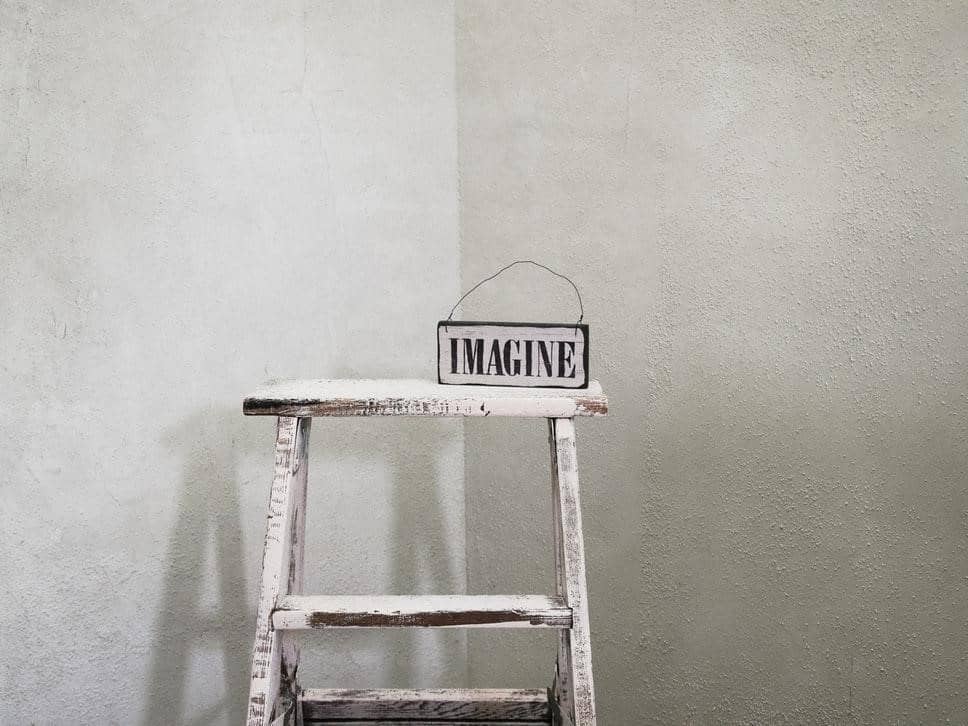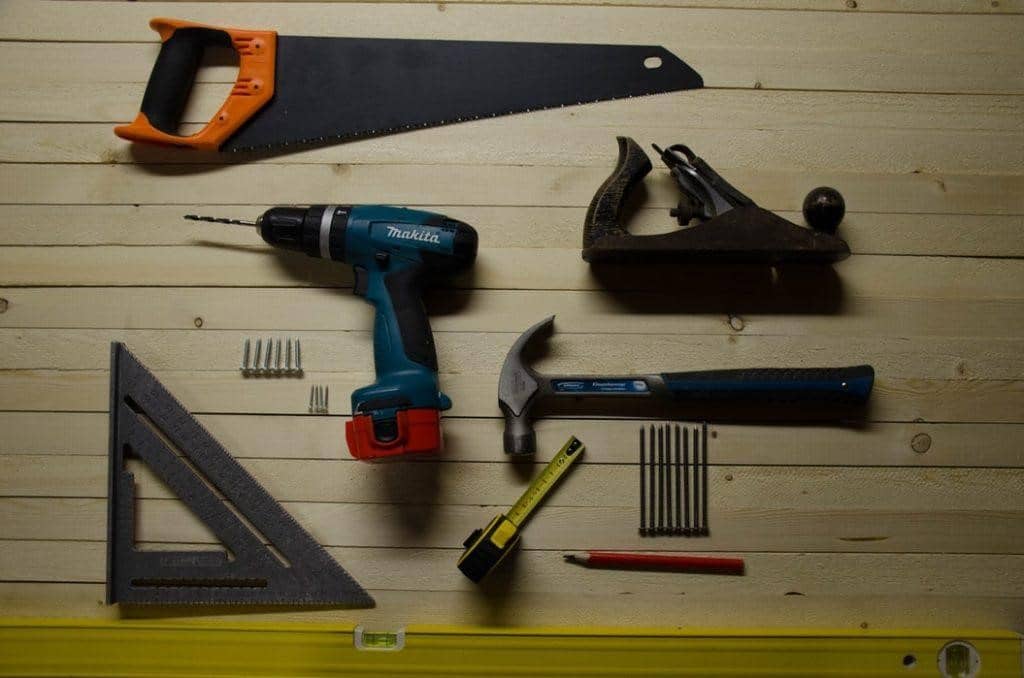Renovating your home can be as straightforward as giving it a fresh coat of paint. Or it can be as complicated as fixing the piping, adding insulation, replacing windows, and putting up walls in an open-plan space. It all depends on the scope of your project and what you want to achieve. But even the most minor of renovation projects can be dangerous if you’re not careful.
More than ten million people in America get injured every year while carrying out DIY repairs in the home. Some of these injuries can be serious, resulting in broken bones and even chronic back pain. It is not an unfounded concern, so it’s essential to know how to prevent injuries during a home renovation before starting your remodeling project.
Common health risks when renovating your home
Prevention is better than cure – this proverb is one of the best health tips you’ll ever get. It certainly holds true when you’re doing physical work on your home – it is better to avoid injuries altogether than to deal with their consequences later. However, to avoid health risks, you must first be aware of them. Some of the most common health risks to look out for when renovating your home are:
- Falling off ladders and chairs
- Electric shock
- Power tools-related injuries
- Exposure to the gas, toxic fumes, smoke, and dust
- Tripping, slipping, and falling
Prevent injuries during a home renovation by securing the area
The Renovation process should start by creating a home renovation checklist. The first step you must take to ensure your safety while renovating is to ensure the area you’re renovating is as safe as possible. You’ll most likely need to clear the area of furniture and other belongings anyway, so why not add a few steps to the preparations and secure your well-being in the process?
Make sure the structure is secure
Checking the house’s structural state before renovating is vital, especially when dealing with an older home. You don’t want to take a random step and suddenly feel your foot go through the floorboards. Or, even worse, knock down a wall that was keeping the house standing.
So have a structural engineer check your house before you commit to any remodeling, repair, or maintenance plans. That way, you can be confident that it’s safe to renovate the area you want to change.
Separate the renovation area and the living area
Some people prefer to stay in a hotel while they’re renovating. That’s certainly an option, but if you’re planning a more extended project, it might not be a solution you can afford. So what can you do to make staying at the house safer and more pleasant? The most important thing is to keep the renovation area separate from the living area. Please keep all your tools in the renovation area, and don’t let them spread out from there.
Only do the renovations in this area – continue using the rest of the house for leisure, meals, socializing, and everything else. If necessary (if you have young children or pets, for example), set up a temporary barrier like a child fence to physically separate the renovation area from the rest of the house.
Check your smoke detectors and fire extinguishers
In preparation for the renovation, you should familiarize yourself with the gas lines, piping, and wiring of your remodeling area. It’s crucial to avoid accidentally damaging any of those. But even with all the care in the world, things can go wrong, so make sure that you have a back-up plan for protection.
Check that your smoke detectors, fire alarms, and carbon monoxide detectors are working. Test your fire extinguisher, too, and keep it within reach while working. That way, you’ll know if something does go wrong, and you’ll be able to protect yourself.
Turn off water, electricity, and gas while working on them
Sometimes, renovating a house means working on the wiring and pipelines. If your house renovations include this, you need to know how to turn off water, electricity, and gas. It would be best if you never worked on pipes, wires, and gas lines that are in use – this is incredibly dangerous. So even if it somewhat disrupts your morning routine, you must shut these off while working on them. That’s the only way to stay safe.
Ask for help to prevent injuries while renovating your house

There are some things you cannot do by yourself. If you need to lift a piano to move it out of the room or install floor-to-ceiling windows, you’re going to need some help. Sometimes, your friends and family are enough of a helping hand, but you should consider getting a contractor if you’re planning a major renovation.
Look for someone knowledgeable who’s been in the business for a while: experience is the key to finding the right contractor. An experienced professional will know how to make your ideas into reality quickly, safely, and affordably. However, be careful about who you select. You don’t want to go for a cowboy builder who does a shabby job, leaving you and your family at risk of injury anyway. If you ever find yourself in a situation where you have sustained an injury due to poor work carried out, put yourself in touch with an attorney who will battle for you. Read more by clicking here.
Prevent injuries by using the right tools

Everything is easier when you have the right tools for it. Make sure to get the appropriate tools for the kind of renovation you’re planning before you get started. You probably already have things like hammers, nails, and even ladders. But you might also need drills, saws, nail guns, and more. Don’t forget about the safety equipment either – if you want to avoid injuries, you’ll need to protect yourself. Goggles, masks, something to put your hair up – these are also essential tools to have.
Being proactive and planning will help reduce the risk of injuries
It’s effortless to get swept up in a renovation project. You start with merely replacing cabinets, and three months later, you’re creating a whole new kitchen from scratch. It can be expensive, time-consuming, and frustrating. All this can lead to rushing tasks that really shouldn’t be rushed, and that is how you end up with injuries (not to mention a sub-par result). Don’t let this happen to you! Plan your renovation:
- Decide on the nature and scope of the project.
- Set a realistic deadline for completion.
- Ensure that everyone involved is on the same page.
It’ll also help if you prepare for renovations by decluttering the home and cleaning it thoroughly. This will allow the contractors to immediately jump into work instead of having to prepare the area first.
Remember to take care of your mental health as well
Although it is vital to prevent injuries while renovating your home, physical health isn’t the only thing you need to worry about – your mental health can also suffer during this time. Renovation projects can be stressful, and such significant changes almost always cause anxiety. So it’s crucial to be mindful of your mental health as well.
Try to maintain as expected of a routine as possible, rest well, eat well, and take breaks when you need to. It’ll be easier to maintain your physical well-being if you’re not stressed and emotionally drained.



